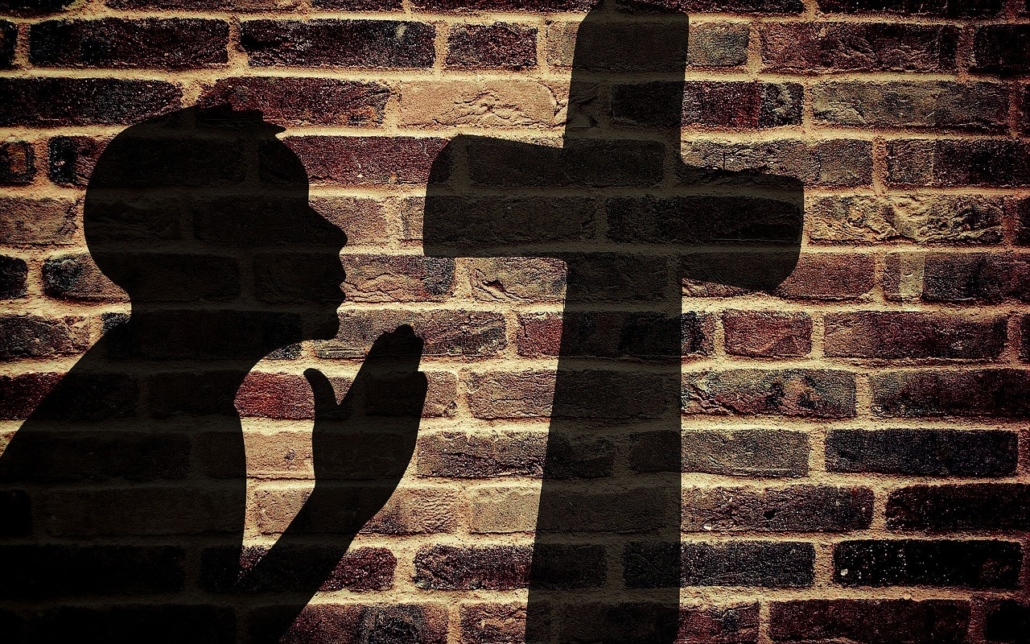Sexual abuse of minors in the Church: the obligation to denounce, a real step forward?
On May 9, Pope Francis introduced a new decree into canon law requiring the denunciation of cases of sexual violence against minors. This text was eagerly awaited by the victims, does it keep all its promises?

1. What’s the difference?
This new decree introduces the obligation for members of the clergy to report cases of sexual violence against minors as well as those responsible for concealing such acts. It also concerns the possession and distribution of “child pornography material”*. This obligation to denounce is mandatory to the clergy at all levels. No member of the Church will be able to look away and will have to report the facts if they become aware of them. In addition, all dioceses must have a publicly accessible system in place by 2020 to file alerts that must be processed within 90 days.
The decree also aims to increase transparency for victims. Previously, when a victim reported facts, he or she was not kept informed of the next steps of the procedure. Now, the pontifical secrecy falls: the survivors must be informed of the outcome of the investigation.
This new provision of canon law comes three months after the February summit bringing together all the presidents of the Bishops’ Conferences. The event aimed to take action to better prevent abuse of minors. While some victims had been heard on that occasion, few concrete actions had resulted. This decree therefore attempts to provide a better response to the impunity that clergy still too often enjoys. However, the text does not fulfil all its promises.
2. An insufficient response
Even if this text was much awaited and constitutes a step forward, the victims are not satisfied with it, as the NGO “Ending Clergy Abuse” pointed it out. Survivors once again denounce the insufficiency of the measure taken. The obligation to report is not accompanied by sanctions in the event of non-compliance. How can we ensure that it is indeed applied? If reporting systems are to be put in place by 2020, there is no indication about funding allocated. How can we ensure that these systems work optimally? The secrecy of the confession would remain absolute: if a priest becomes aware of an abuse during a confession, he will have no obligation to report it. Doesn’t this completely distort the spirit of the decree?
In addition, ecclesiastical justice remains separate from human justice. The religious order can always decide to deal with cases of sexual violence internally without notifying the judicial authorities of the facts, unless required by common state law. The victims were also hoping for the creation of a special court to prosecute bishops who remain unpunished due to a lack of adequate jurisdiction. Even if the Pope announced it in 2015, there is no mention of its creation in this decree.
The question of the reintegration of convicted priests also remains unanswered. According to the Apostolic Letter of 26 March 2019, the Pope wishes the convicted authors to be revoked and accompanied psychologically. However, no concrete steps are taken in this direction other than checking the person’s ability to interact with children when hired.
We could have expected a stronger gesture: that priests, even only suspected, would be automatically dismissed. Indeed, the latter are too often moved from one diocese to another, even from one country to another where they repeat their crimes.
Survivors go even further: the dismissal of the clerical state should also apply to members of the clergy who conceal or allow abuse to be perpetrated. Marie Collins, a survivor and former member of the Pontifical Commission for the Protection of Minors, says nothing else: “If, through negligence or by deliberately concealing a fact, a bishop allows a priest to continue to abuse other victims, while this priest is recognized as an aggressor, the punishment applied should be the same as for the perpetrator of the aggressions: the removal from the clerical state. ». Marie Collins slammed the commission’s door due to too much inaction.
It is in this still sensitive and tense climate that a documentary entitled “Don’t tell anyone” came out, revealing a new scandal of paedophile acts committed by Polish priests and hidden by their hierarchy. The video very quickly gathered millions of views. How many more scandals will it take for the Church to take seriously the fight against sexual violence of minors?
*ECPAT Belgium avoids using the term “child pornography”, which could suggest that acts are consented to by trivializing them. We prefer the term “materials representing child sexual abuse”, in accordance with the Luxembourg Guidelines.
